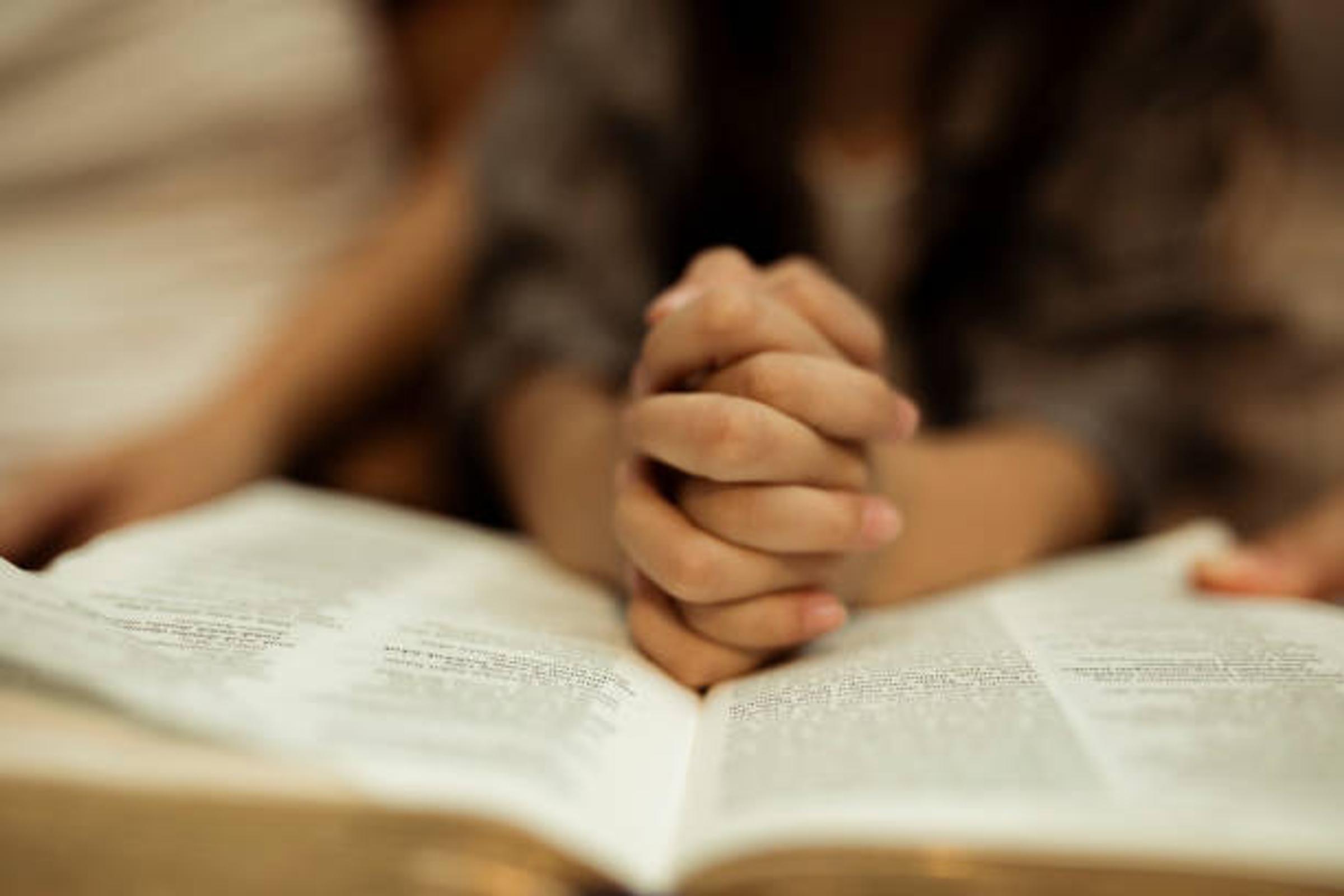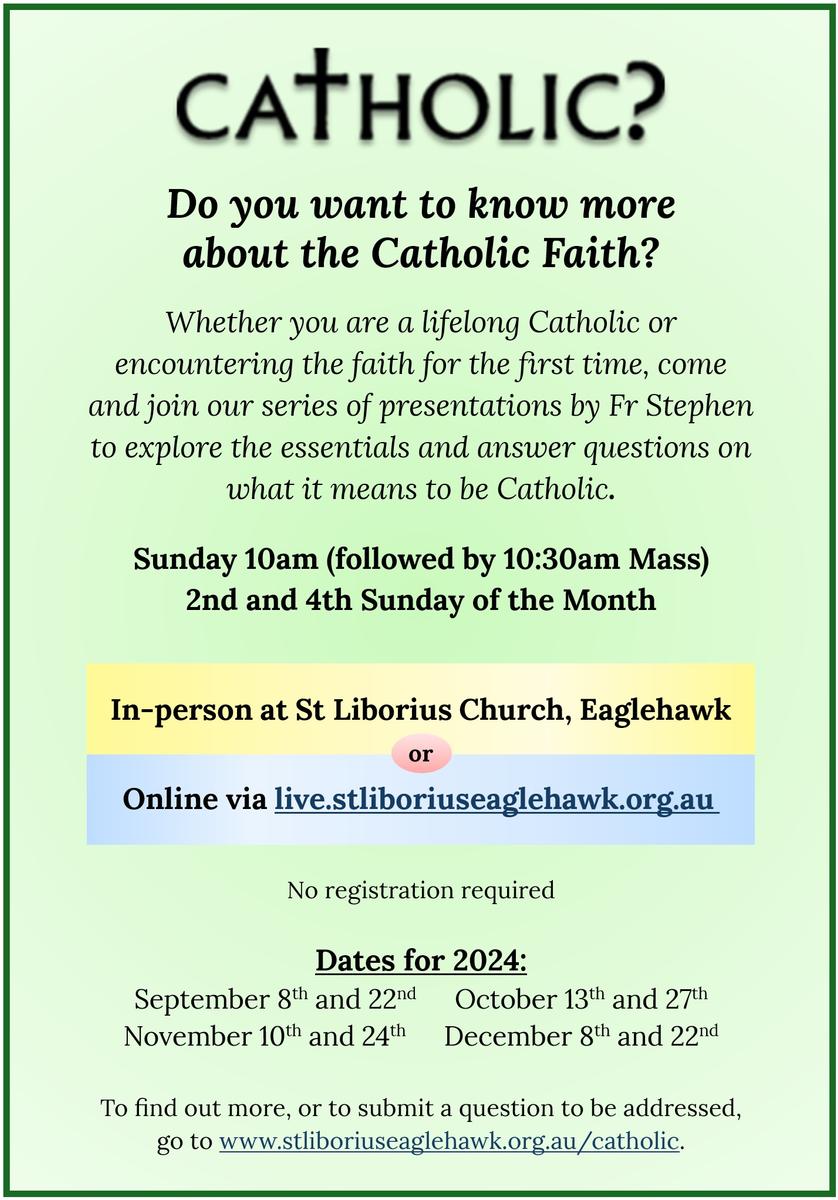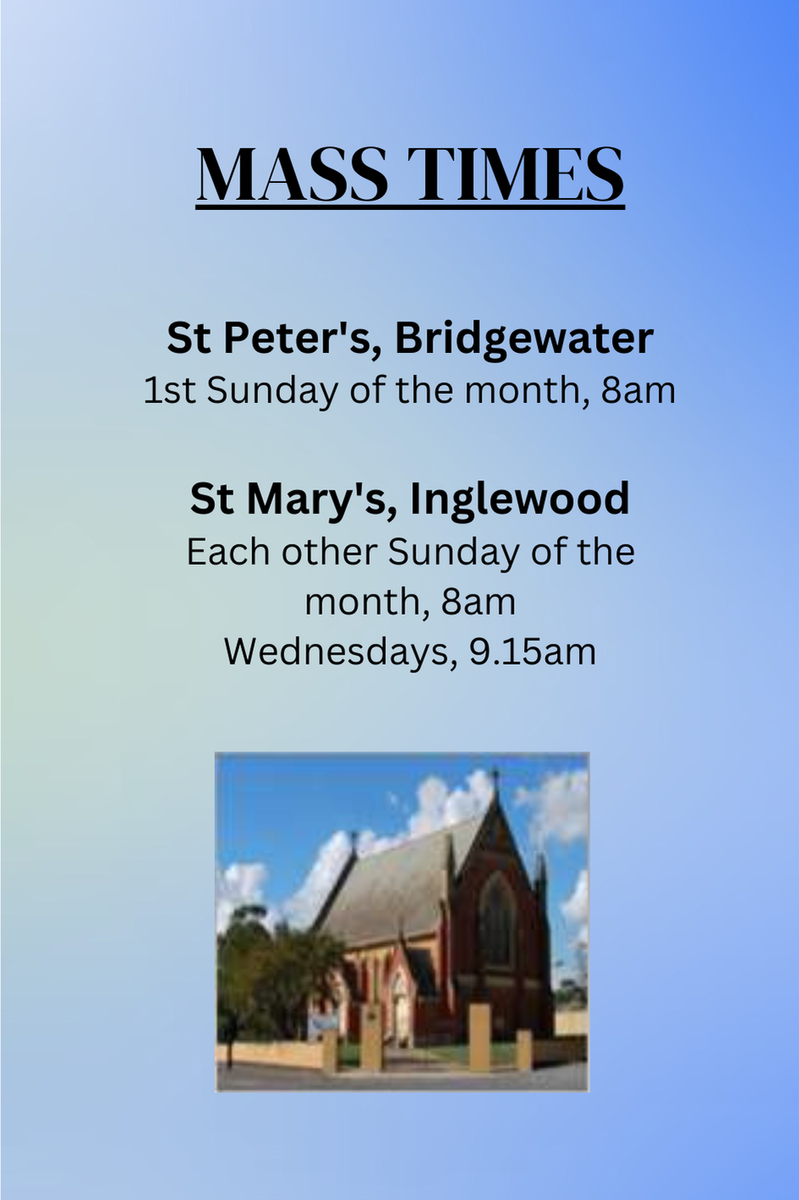Catholic Identity

The Significance of All Saints Day
All Saints Day, celebrated on November 1, is a solemn holy day of the Catholic Church dedicated to honoring all saints, known and unknown. This day reminds Christians of the examples of holiness set by those who lived lives of extraordinary faith and love. While many saints have specific feast days, All Saints Day acknowledges those who have been canonized as well as those who might be lesser-known or unrecognized by the church. It’s a day for the faithful to remember and seek the intercession of these holy men and women who have achieved sainthood in heaven, inspiring Christians to follow their path of living in .
The history of All Saints Day traces back to the early church when groups of martyrs were collectively honored for their sacrifices. The Pope established the Feast of All Saints in the 8th century, designating November 1 as the date. This was meant to unify various celebrations of martyrs and saints that different regions observed at different times of the year. As it spread, All Saints Day became a significant occasion for the faithful to honor and emulate the virtues of those who led lives fully committed to God. Today, it remains an important celebration in the liturgical calendar, encouraging Christians to look to the saints as role models in faith and conduct.
We will acknowledge All Saints Day with a liturgy and assembly from 2:45pm Friday 1st November.
The Origins of Halloween
Halloween, or “All Hallows’ Eve,” originated as a vigil to All Saints Day. Celebrated on October 31, it has roots in the ancient Celtic festival of Samhain, which marked the end of the harvest season and the beginning of winter. The Celts believed that on the night of Samhain, the boundary between the worlds of the living and the dead was blurred, and spirits could return to Earth. Later, as Christianity spread, this festival was incorporated into the Christian calendar as a holy evening before All Saints Day. The term "Halloween" derives from “All Hallows’ Eve,” or the evening before All Saints, when people would prepare spiritually for the next day’s celebration. Over time, Halloween evolved to include various cultural traditions, including costumes and trick-or-treating, but its origins remain connected to the Christian commemoration of the saints.

